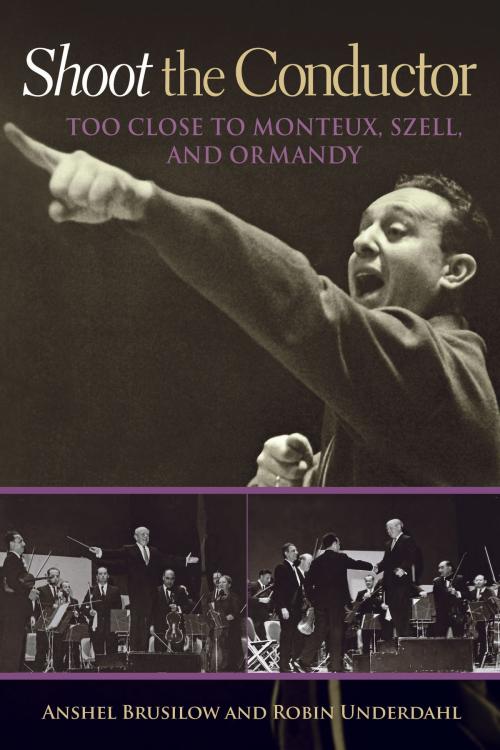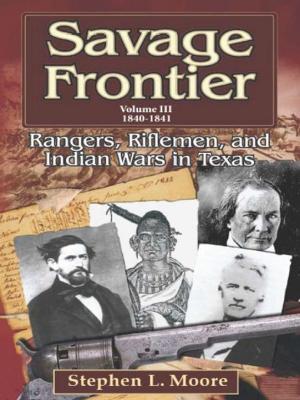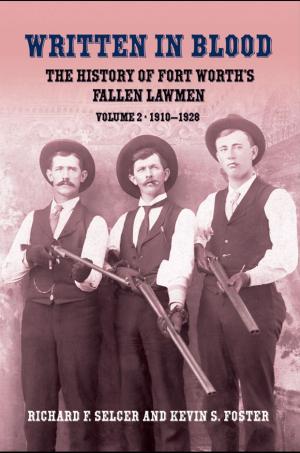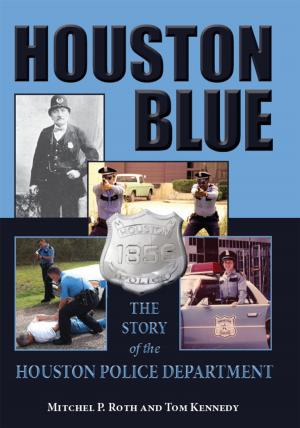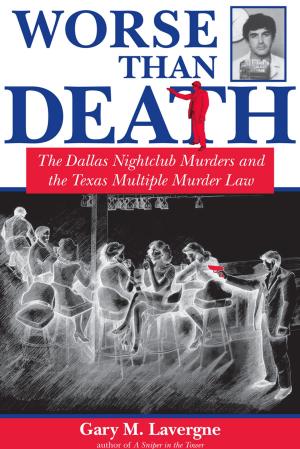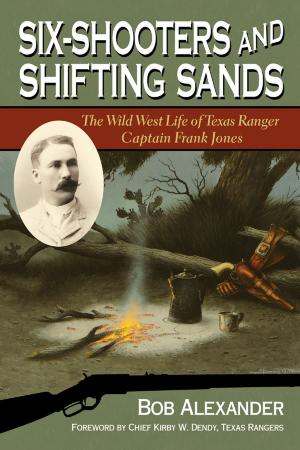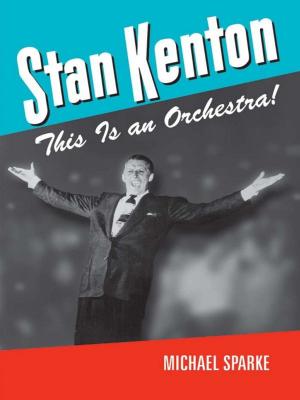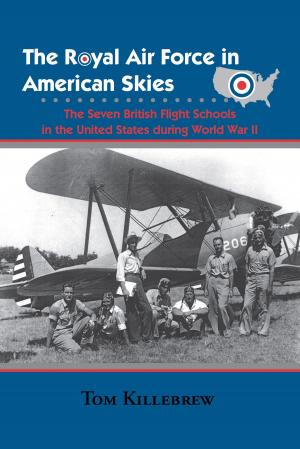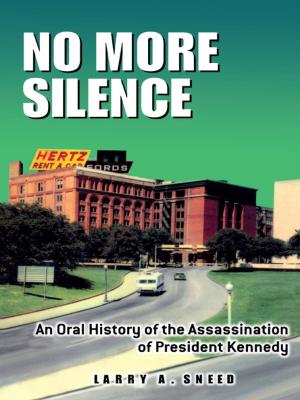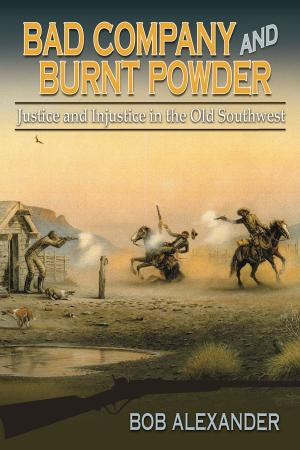Shoot the Conductor
Too Close to Monteux, Szell, and Ormandy
Biography & Memoir, Composers & Musicians| Author: | Anshel Brusilow, Robin Underdahl | ISBN: | 9781574416299 |
| Publisher: | University of North Texas Press | Publication: | July 15, 2015 |
| Imprint: | Language: | English |
| Author: | Anshel Brusilow, Robin Underdahl |
| ISBN: | 9781574416299 |
| Publisher: | University of North Texas Press |
| Publication: | July 15, 2015 |
| Imprint: | |
| Language: | English |
Anshel Brusilow was born in 1928 and raised in Philadelphia by musical Russian Jewish parents in a neighborhood where practicing your instrument was as normal as hanging out the laundry. By the time he was sixteen he was appearing as soloist with the Philadelphia Orchestra. He also met Pierre Monteux at sixteen, when Monteux accepted him into his summer conducting school. Under George Szell, Brusilow was associate concertmaster at the Cleveland Orchestra until Ormandy snatched him away to make him concertmaster in Philadelphia, where he remained from 1959 to 1966. Ormandy and Brusilow had a father-son relationship, but Brusilow could not resist conducting, to Ormandy's great displeasure. By the time he was forty, Brusilow had sold his violin and formed his own chamber orchestra in Philadelphia with more than a hundred performances per year. For three years he was conductor of the Dallas Symphony, until he went on to shape the orchestral programs at Southern Methodist University and the University of North Texas. Brusilow played with or conducted many top-tier classical musicians, and he has opinions about each and every one. He also made many recordings. Co-written with Robin Underdahl, his memoir is a fascinating and unique view of American classical music during an important era, as well as an inspiring story of a working-class immigrant child making good in a tough arena.
Anshel Brusilow was born in 1928 and raised in Philadelphia by musical Russian Jewish parents in a neighborhood where practicing your instrument was as normal as hanging out the laundry. By the time he was sixteen he was appearing as soloist with the Philadelphia Orchestra. He also met Pierre Monteux at sixteen, when Monteux accepted him into his summer conducting school. Under George Szell, Brusilow was associate concertmaster at the Cleveland Orchestra until Ormandy snatched him away to make him concertmaster in Philadelphia, where he remained from 1959 to 1966. Ormandy and Brusilow had a father-son relationship, but Brusilow could not resist conducting, to Ormandy's great displeasure. By the time he was forty, Brusilow had sold his violin and formed his own chamber orchestra in Philadelphia with more than a hundred performances per year. For three years he was conductor of the Dallas Symphony, until he went on to shape the orchestral programs at Southern Methodist University and the University of North Texas. Brusilow played with or conducted many top-tier classical musicians, and he has opinions about each and every one. He also made many recordings. Co-written with Robin Underdahl, his memoir is a fascinating and unique view of American classical music during an important era, as well as an inspiring story of a working-class immigrant child making good in a tough arena.
